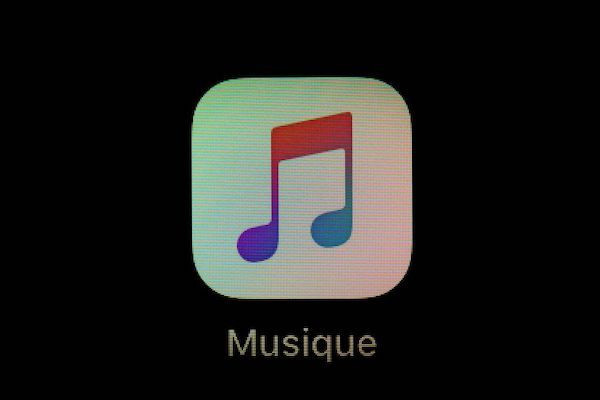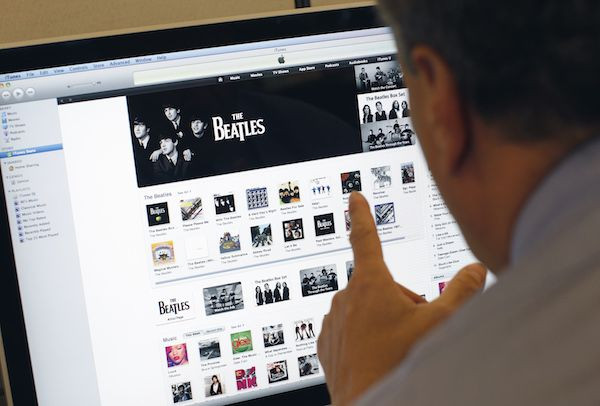Why Apple Isn’t Killing Off iTunes For Windows Devices

Apple recently confirmed that it is doing away with iTunes on the upcoming macOS version, and put its functionality into three new apps for the Mac. It, however, will not end iTunes for Windows. Why is this?
According to a report from Ars Technica, Apple’s new Mac apps -- Apple Music, Apple Podcasts and Apple TV -- will take iTunes’ functionality and allow iTunes users to keep doing what they used to do on the now-defunct-on-macOS feature.
The Cupertino tech company, however, said it will not kill off iTunes for Windows for one simple reason: it won’t break iTunes into three different apps for Windows, unlike what it did for macOS. The app is retained for Windows, and iTunes users on Windows will still be able to enjoy it and its functions.

What about updates?
Despite saying that it will retain iTunes for Windows, Apple didn’t say anything about updating it or if they will continue providing support for the feature. iPhoneHacks noted that it’s unclear if Apple will continue to provide new updates and continued support for iTunes users on Windows.
The site claimed that the most likely scenario here would be that iTunes for Windows will remain in the state that it is currently in, with the possibility of receiving minor updates just to ensure that the feature continues to work fine, and will also work with new and upcoming Apple devices like the iPhone 11.
Windows iTunes users can still manage their libraries and back their devices up using the Apple app. Mac users, on the other hand, will get to manage their music and podcasts by using the corresponding Mac app in macOS Catalina.
From iTunes to Apple Music
Apple said Apple Music will retain the music functionality of iTunes, and won’t be a streaming-only feature. Users will be able to import their existing music libraries from iTunes to the Apple Music app. This includes music purchased from iTunes, as well as MP3, songs ripped from CDs, and music coming from other sources.
Users can still buy new songs from Apple, and will still enjoy their non-iTunes files that were synced to the cloud. Syncing and managing iOS devices on the Mac, however, will now be done using Finder.
© Copyright IBTimes 2024. All rights reserved.




















